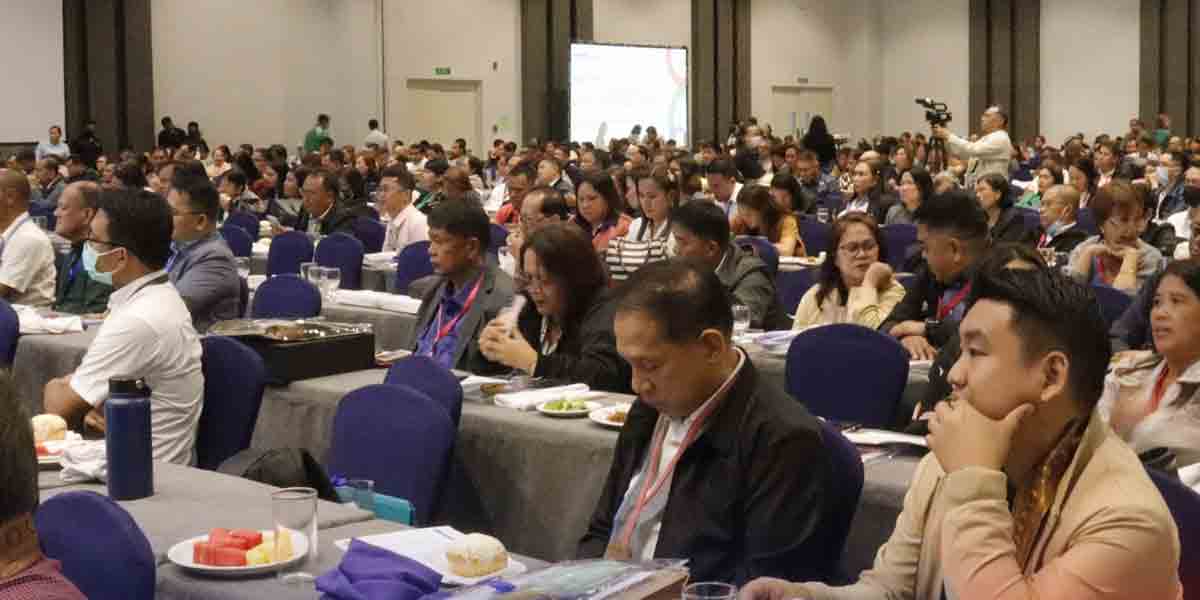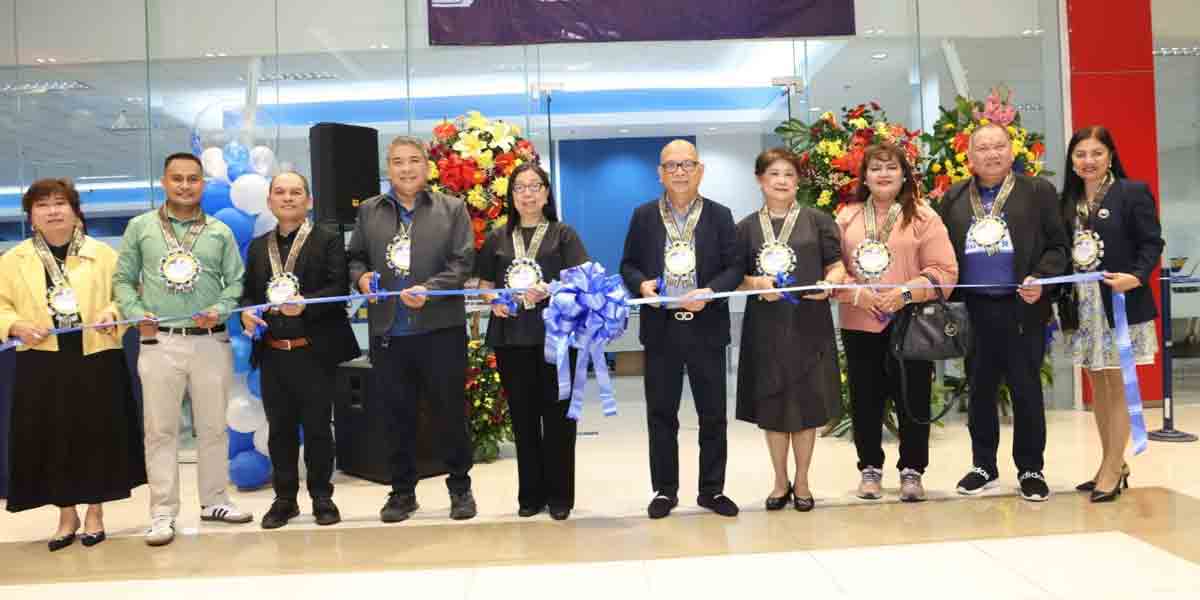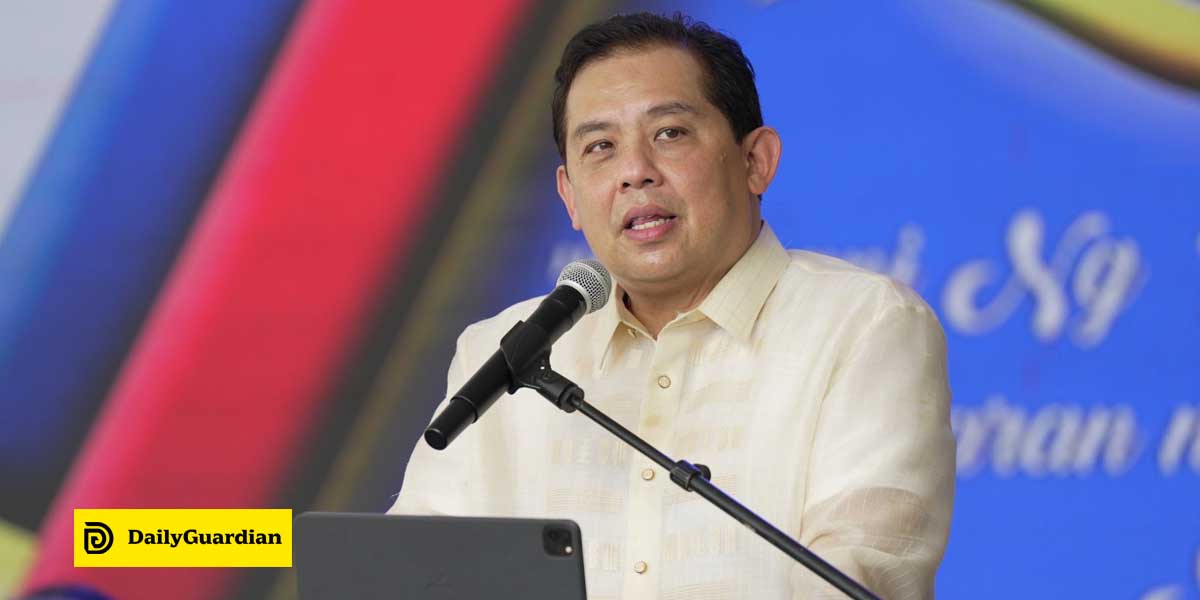With the 2025 midterm elections just months away, Filipinos are again witnessing the pageantry of personalities vying for local and national posts. Familiar names, new faces, and lesser-known aspirants have emerged, some even becoming subjects of hilarious online memes. The sights and sounds of election season in the Philippines are truly elaborate and ostentatious.
For “Gina”—a name she prefers to keep private—a domestic worker in Metro Manila for more than a decade, elections have always felt like a circus. As a first-time voter in the early 2000s, she watched candidates act like performers, engaging in staged fights, dance routines, and extravagant displays. For her and many others, election season brought not only entertainment but also cash in exchange for their votes. She disclosed that vote-buying typically occurs the night before heading to the polling precincts. “We would receive an envelope with PHP 3,000 and a slip with the candidates’ names, their positions, and numbers”, she recalls. At the time, that amount was a lifeline for her family of seven, who struggled to make ends meet.
Local politics in Gina’s home province in Eastern Visayas, one of the country’s poorest, is dominated by a few powerful families, with the same surnames appearing on local ballots in every election. The case is similar in many parts of the Philippines where the election season herald the same influential families, with familiar surnames filling nearly every local position.
According to a policy note by Albert et al. (2016), a political dynasty forms when a family retains power by securing at least one elected position across multiple generations. This can manifest as one family member stepping into a role previously held by a relative or different relatives occupying various elective posts simultaneously. Political dynasties not only stabilize a family’s political influence over election cycles but also often increase their presence in government roles.
Political dynasties have a strong hold over major political parties in the country, especially in areas with higher poverty rates, greater inequality, and lower average incomes. Based on a study by Mendoza et al. (2016), 70 percent of the 15th Congress came from political dynasties. These dynastic politicians are generally wealthier than their nondynastic counterparts and tend to win elections by significantly larger margins. This dominance of political families raises concerns about unequal access to power and the need for reforms in the country’s political system.
Further analysis by Mendoza et al. (2022) revealed that dynasties outside Luzon thrive on corruption, enabled by weak institutions that lack checks and balances. In many provinces, local businesses support dynastic politicians, fueling political and economic inequality while engaging in self-serving predatory behavior. Luzon’s experience is somewhat different, as the study indicates. The differing interests between political and economic players create a balance that drives development, but this rarely benefits the wider population. Despite growth, economic gains seldom trickle down to the rest of the province.
Mendoza et al. (2019) stressed that while some well-known families lost their seats in the 2019 midterm elections, the influence of fat political dynasties has only grown, both in the number of family members holding office and in the number of clans expanding their reach. Maguindanao leads with the highest percentage of fat political dynasties at 51 percent. Although some high-profile families lost their seats, as seen in Pasig City and Manila, the overall trend suggests that political dynasties remain deeply rooted across the nation. Remarkably, their influence has only continued to grow over the past 30 years.
Political dynasties and patronage were also observed in Iloilo City. Saquibal and Saquibal (2016) noted that local politicians often succeed by delivering short-term benefits and maintaining a steady flow of goods and services to their constituents. This practice has significantly bolstered election outcomes for local officials.
Despite legislative attempts to curb political dynasties in recent years, no effective laws have been passed. Albert et al. (2016) noted that the framers of the 1987 Constitution did not aim to eliminate political dynasties per se but to regulate self-serving behavior that could hinder accountable governance. Simply belonging to a political family is not inherently problematic. The real issue is whether the current system offers equal opportunities for all families to serve the public.
Name recognition remains a major factor in voter choice and often favors dynasties. An antidynasty law could expand the pool of families represented in politics, offering a more diverse range of leaders and increasing opportunities for those outside traditional political families to participate. Such a law could help strengthen political parties by broadening access to political involvement and improving the quality of governance.
The quality of education is often cited as a root cause of many societal issues, including the perception of poorly informed voters. During elections, the term bobotante (which translates to “dumb voter” or “uninformed voter”) is frequently used by frustrated individuals to describe poor and uneducated voters, who are commonly accused of engaging in vote selling. In response, various voter education programs have emerged to address these concerns. Ordonez (2022) suggests that the civic education curriculum should be updated to better meet the needs of citizens. Despite completing their education, many students are inadequately prepared for civic engagement. The current curriculum focuses heavily on theory, often neglecting practical applications like understanding basic rights and political processes. To improve civic education, there must be more hands-on activities that engage students with diverse sectors, including marginalized and indigenous communities.
However, voter education may not be the ultimate solution to the persistent electoral challenges in the Philippines. As Gina’s experience shows, vote buying and selling remain widespread. The lack of education is not a choice for her; after finishing high school, she felt compelled to work instead of pursuing further education.
Vote buying, although illegal, remains prevalent. This prompts questions about why such a practice persists. Blaming individuals like Gina for accepting cash in exchange for their votes is both contextually condescending and unenlightened.
When asked if she felt any guilt or shame about accepting cash the night before casting her first vote, she responded, “Not at all. That money was something we really needed at the time. It helped pay our debts and put food on the table.”
A few months later, with again the weight of poverty heavy on her shoulders, Gina boarded a bus to Manila where she eventually found work as a domestic helper—a role she has kept for more than a decade to support her family.
This was first published by the Socioeconomic Research Portal for the Philippines (SERP-P), an online knowledge resource that contains socioeconomic studies and materials produced by the Philippine Institute for Development Studies (PIDS) and other academic and research institutions.






















